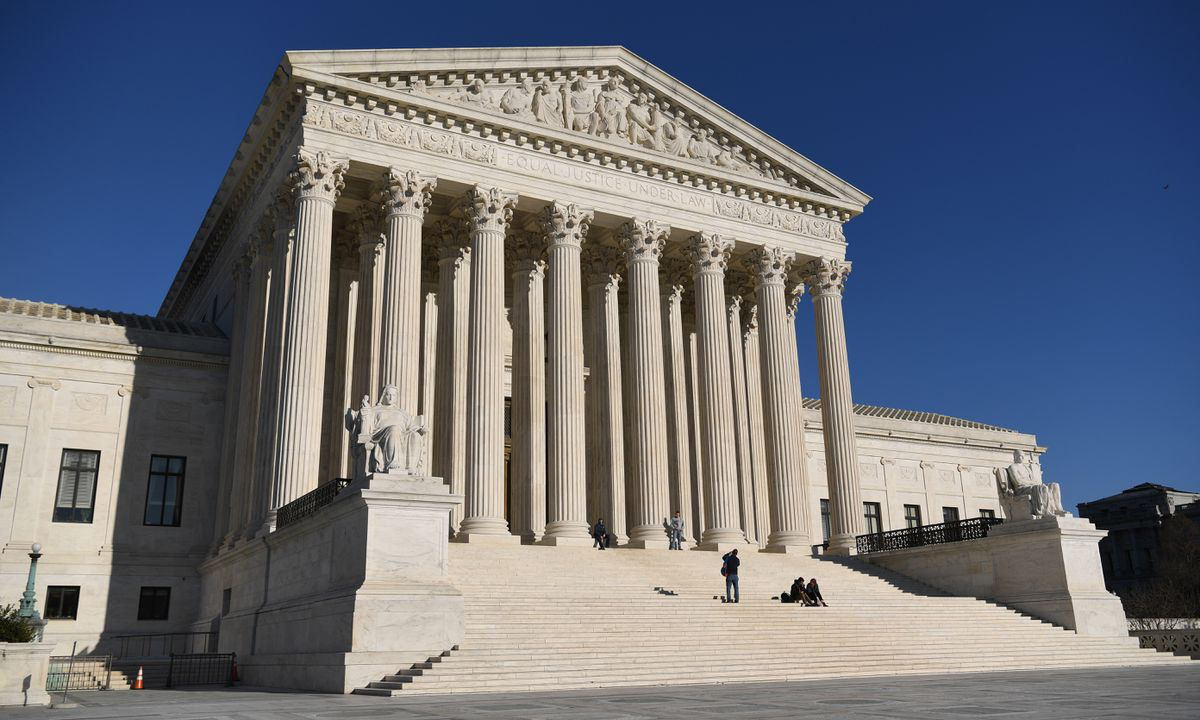Written by Justin Culetu
Earlier this week, U.S District Judge Dana Sabraw issued a temporary restraining order pertaining to the Department of Homeland Security (DHS), prohibiting them from making arrests at federal courthouses in San Diego and El Centro. A complaint made in October led to the decision. The complaint challenged actions of the DHS where they would attend hearings for immigrants who were charged with felonies for entering the country illegally, and arrest them after the hearing, notwithstanding the outcome of the case, posted bond, or the fact that they were not in custody before the hearing.
According to Judge Sabraw, the DHS should not have the ability to interfere or intimidate the parties in the courthouse as it hinders the job of the court to fulfill its constitutional duties.
During the Trump administration, the federal government ramped up courthouse arrests by allowing ICE to detain immigrants that pose a threat to national security or the public, have been told to leave the United States but have failed to, have prior convictions, are affiliated with gangs, and more. The arrests of undocumented family members or witnesses were also permitted. Before the Trump administration, arrests of immigrants at courthouses were only permitted if the noncitizen posed a national security or public safety threat. One of the reasons for Border Patrol making arrests at courthouses is because many federal defense attorneys and the Bail Project ignore ICE detainer requests and release people wanted by ICE. This makes it harder for ICE to find illegal immigrants and also puts the safety of ICE agents and the general public at risk. A courthouse is a controlled environment, making arrests much safer. When arrests have to be made outside of the courthouse, there are all sorts of risks that become a factor.
Although California law already does not allow detainment of illegal immigrants in state courthouses without a judicial warrant, Judge Sabraw’s restraining order goes past that and covers federal courthouses.
Photo via Washington Post photo by Jonathan Newton




